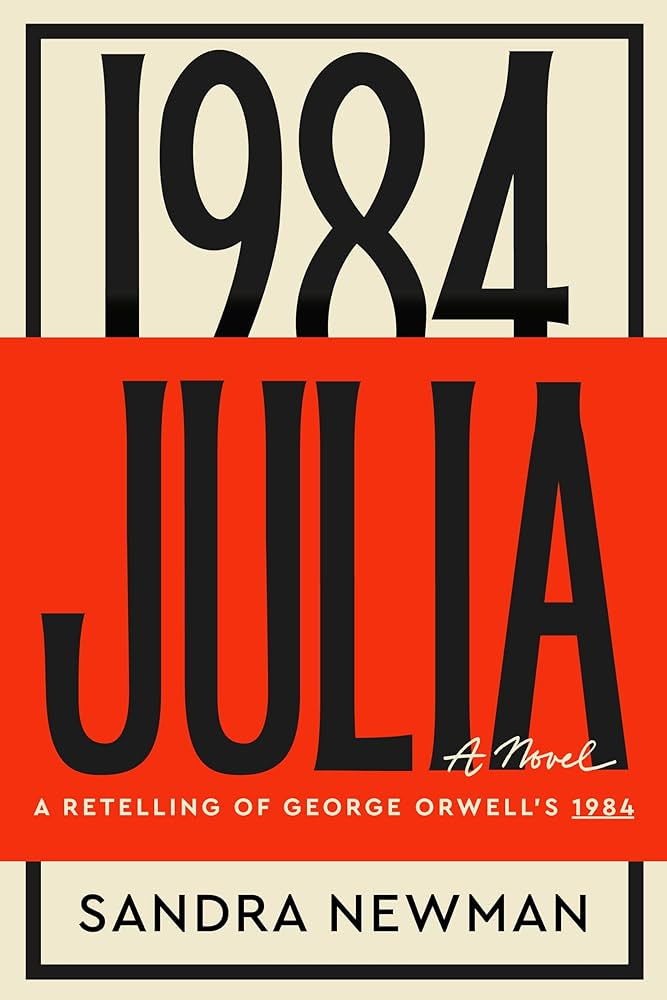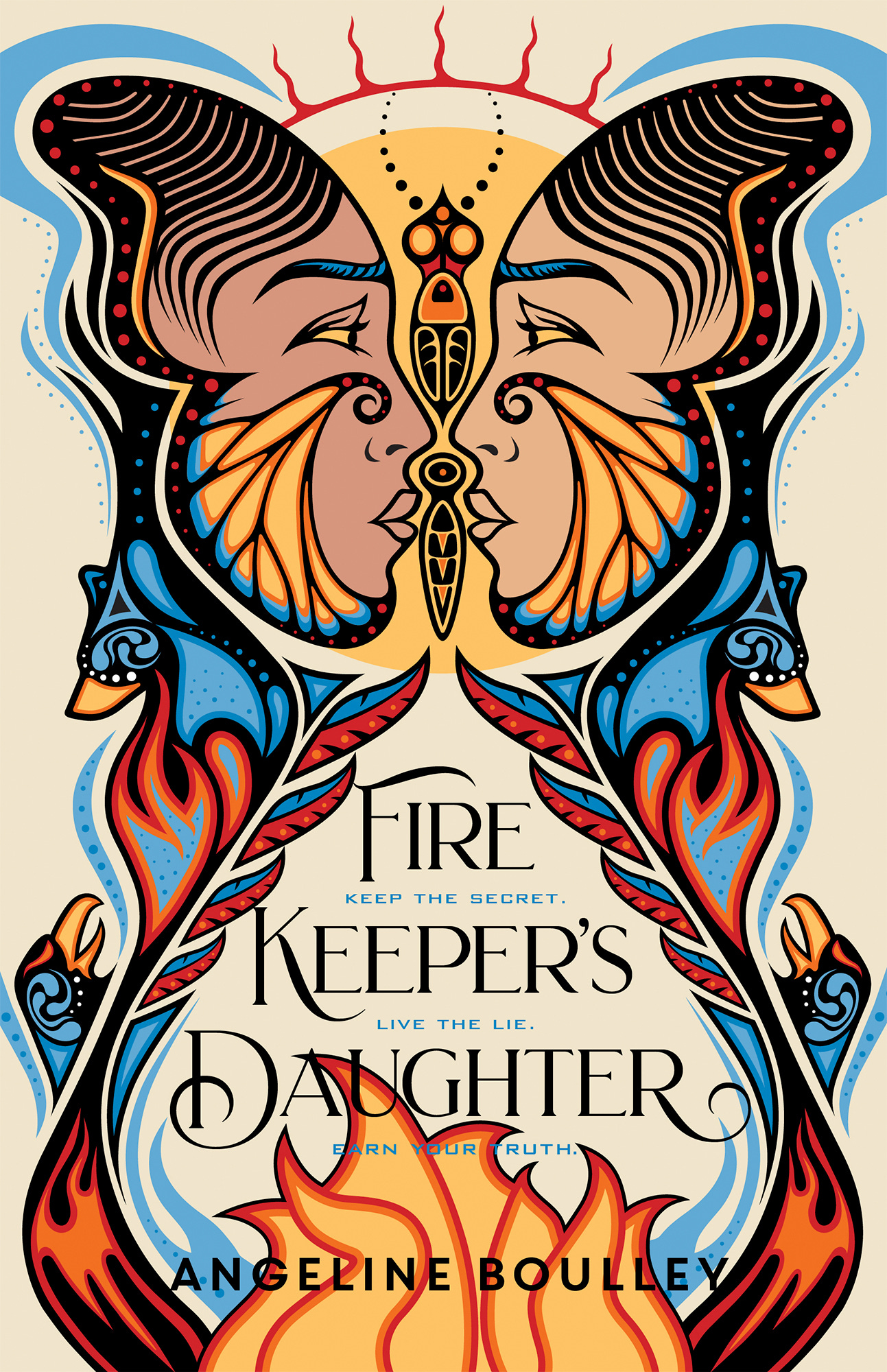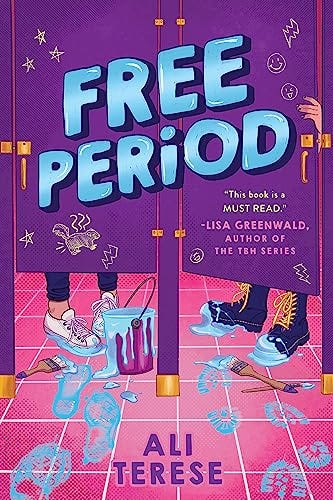September Newsletter
Editing as an Investment (in Education)
With the school year back in full swing, I am once again reminded how much my career as a teacher and my career as an editor line up so beautifully. With both jobs, I get to:
Read a bunch of books
Talk about and analyze a bunch of books
Provide individualized feedback geared toward improving writing
Be creative
Problem-solve
Help people
I am now in my 21st year of teaching, and I often think about how two decades in education has prepared me to be a good editor. There are a lot of great freelance editors out there, but in my heart of hearts, I’ve always felt uniquely qualified to help writers because I view any partnership as an educational one.
I’m aware that writers are hiring me because they want to land an agent and get their book published. They pay me because they’ve written something wonderful that isn’t connecting and because they want someone’s help to get it where it needs to be. Believe me, that’s in the back of my head when I’m working on any client’s manuscript or query letter.
But at the front of my mind is a desire to make sure that a writer leaves the experience with more tools in their toolbox to not only get their current book onto shelves, but to move toward being the very best writer they can be. I know you’re looking for publication, but I’m looking for growth (which will hopefully lead to publication).
As a teacher, I’m constantly assessing where students are in their journeys as writers and then meeting them where they are when providing actionable feedback. I want to take them from A to C, or from F to J. Wherever that writer is in the process, I want to help them jump a level or two. Maybe that means learning more about story beats and pacing, or maybe that means learning about building character arcs. Maybe it’s a lesson in writing stronger dialogue, or maybe it’s about building a consistent and relatable voice.
In other words, if we work together but somehow that book still doesn’t land an agent or a book deal, it doesn’t mean that our time together was wasted. Above all, you are investing in education. Are you a better writer after this experience than you were before it? You should be! That’s what you’re paying for, first and foremost. My goal is to ensure that writers can make the best use of their talents and ideas and work ethic.
We all want to jump to the finish line as quickly as possible, and while that happens for some of us, growth needs to be the focus for all of us. Even the best writers still have more to learn. Go from A to C this year, then C to F next year, and then F to J the year after.
You may have heard that making it in publishing is about persistence more than it is talent, and while that’s true, it doesn’t mean you can persistently do the same thing over and over again and expect different results. We don’t “win” publishing through attrition. Those of us stubborn enough to keep at it will get there because we were persistent and we grew as writers along the way. Think of paying an editor the same way you would a private tutor. Does the investment mean that you’re getting into Harvard? Maybe not, but does that mean all those tutor sessions were wasted? Are you better for the experience after it’s done, regardless of outcome?
How to Write a Compelling (and Efficient) Synopsis
I wrote a Twitter thread last week about constructing a query letter that stands out, and as usually happens when I tweet about queries, that one blew up. There were, however, some questions in the comments about best practices for writing a synopsis. I feel like the query letter always gets all the attention, while synopses hang in the background like some kind of pre-Markle Prince Harry.
These things are a pain in the butt to write, maybe even more than the query. It also is my suspicion that the synopsis is the least important part of the submission package since not all agents even ask for it. Still, many agents do ask for them, which means we have to write the friggin’ things. How do we do that? Let’s look at a few tips.
#1 Be Concise
First, let’s talk about word count. Agents usually ask for either a one-page or a two-page synopsis, but some are more general than that, asking for “a brief synopsis.” We can please all of them by aiming for a synopsis that’s between 500 and 600 words, as that gets us pretty dang closer to a single-space one-pager. Nobody asking for a two-page synopsis is going to be upset if they get a one-page one, but the opposite may not be true.
#2 Try the One-Sentence-Per-Chapter Approach
Here’s how I write a synopsis when forced to do so:
I write a one-sentence summary of every chapter in the book. My books usually have around 30 chapters, though, and I understand this might not be as easy for someone who writes shorter chapters and/or longer books. Still, it’s a good starting place.
Once you’ve got a (VERY rough) draft comprised of all these one-sentence chapters, take stock of where you are. If your word count is in the sweet spot, then you can start working on transitions between sentences and cleaning up the overall flow. If you’ve got way the heck too many words, make whatever cuts you need to make.
While revising, you also may find that you can combine/condense certain ideas where other plot points need more fleshing out. There’s some artistry to this, but we are writers, goshdarnit. Manipulating words is what we do.
Check for pacing and flow. Remember that in a book, Act 1 is usually around the first 25% of the book, Act 2 is the middle 50%, and then Act 3 is the last 25%. While your synopsis doesn’t have to be spot-on with this, it’s good to try and get it sorta close. One big mistake I see is Act 1 taking up 50%+ of the synopsis because the author is explaining backstory, establishing context, and so on. Don’t do that. Tell a story in condensed form, and if the agent wants more details about world-building or character histories, they can read the manuscript!
#3 Specifics > Generalities
I see a lot of synopses that only give me a generic outlook of the story. For example, it will say something like, “Tom and Willa get into a bunch of small adventures that test their friendship.” You’re going to connect with an agent more effectively if you find a way to work in some details of those “small adventures.”
We’re trying to mimic the same emotional rollercoaster that a reader would experience by reading the book. Imagine opening to Chapter 8 of any novel and reading, “And then Tom and Willa went on a small adventure. Their friendship was tested. It was so crazy, you guys. I wish you could’ve been there.”
That’s not as effective as telling me what actually happens!
#4 Avoid Repeating the Query Pitch
Something else I see a lot of is authors copying-and-pasting chunks from their query letter into the synopsis (or vice versa), and while I understand that it can be hard to reword something that you’ve already worked so hard to word perfectly, I’ve found that it ends up feeling disjointed in one document or the other. In other words, it’s almost always clear that the author tried to make one set of words work for two different purposes.
It’s not illegal to do this, obviously. I’ve seen it work out just fine on plenty of occasions. But more often I find that it doesn’t, usually because the voice in a query and the voice in a synopsis are not the same. One is very formal and brief (the query), and the other offers more opportunities to integrate your voice and/or echo the voice of the novel itself.
#5 Dual-POV Troubleshooting
One question that often comes up is how to handle a synopsis when there are multiple POVs. The more POVs, the harder these are to write, but since most of what I see are dual-POV books, I’ll discuss those here.
If you’re doing the one-chapter-per-sentence thing for a book that alternates POV every chapter, making no adjustments could generate an atrocious synopsis. To avoid this, try to group chapters in chunks and find places to switch POVs in the synopsis where it makes sense. Leave on cliffhangers, but give us enough in each character chunk to get attached and feel the tension and momentum of that character’s viewpoint.
Also, make sure you’re looking at all your POVs as working together to tell a single story. If you can consolidate the characters’ goal(s), it makes the whole thing easier to read (and write!).
While not all of these tips are going to speak to every writer, I hope some of you find this helpful! Remember, you’re basically writing a Cliff’s Notes summary of your book. Keep it simple, spoil everything, and show the agent what your story’s made of!
Editing Updates
This has been (and continues to be) an amazing year for Brigham Editorial, so if I haven’t thanked you all for your support and patronage, please know that I appreciate every single one of you. When I started this endeavor a few years ago, I never would have imagined it would be what it has become.
That’s all a mushy way of saying that my editing calendar is very full and continues to fill up for the remainder of 2024. If you’ve been thinking about booking services, here’s an update on wait times:
My first opening for a full manuscript developmental edit, manuscript critique, or copy edit is the first week of December, and that three-month lead time has been consistent this year. If you’re looking at something like this, booking early is always a good idea.
I can always find time to work in a few query package critiques (which is by far my most popular offering). It’s a $175 service and includes the query letter, synopsis, and first ten pages of the manuscript. The wait time for this is usually never more than two or three weeks, tops.
If all you need is a query letter critique, I can turn those around in a day or two. Those are quick, easy, and relatively affordable ($50).
If you haven’t bookmarked the Brigham Editorial website, go ahead and do that. I’ll be here when you’re ready for me!
What I’m Reading
“Julia,” by Sandra Newman
I’ve been on a tear lately reading retellings of some of my favorite classic novels, and this month I finally got around to this reimagining of Nineteen Eighty-Four, which focuses on the story through the eyes of Julia. For the first few chapters, I felt like I was just getting the novel told from a different POV (kinda like that stupid Twilight retelling told from Edward’s POV), but hoo-boy, this thing gets really juicy really quickly. There are so many great easter eggs in this book, but more important is the entirely new ending, which stretches two or three chapters beyond the ending of the original book. I’ll just say this: it does not end with Julia loving Big Brother.
Best of all, there’s no 35-page interlude featuring dry political philosophy wedged into the middle of it, as there is in the original. I enjoyed the book a lot! If you liked the OG, I really think you’ll like the retelling!
“Firekeeper’s Daughter,” by Angeline Boulley
If you haven’t been watching Reservation Dogs on Hulu/FX, you’ve been missing out. It’s one of my favorite television series of all time, and I mention this because it was a great primer for this book, which uses a lot of the same lingo and themes. A good murder mystery is always a worthwhile reading endeavor, but a YA murder mystery told from an indigenous perspective? I drank this up like an iced chai tea latte on a hot August day.
“Free Period,” by Ali Terese
On the one hand, this MG book about a couple of tween girls’ crusade to get free menstrual products into their school’s bathrooms was predictable. If you’ve read a story like this once, you’ve read a story like this a million times. But the beautiful thing about MG is that most young readers haven’t read books like this yet, and what a way to introduce them to what it means to stick it to authority and fight for a righteous cause. Beyond that, the voice was legitimately hilarious (truly, one of the most entertaining, voiciest books I’ve read all year), which made it a really fun read.
Thanks for reading! If you’re new here, don’t forget to subscribe, and please share with any other writer buddies you think may benefit.
Hugs and high fives,
-JB








